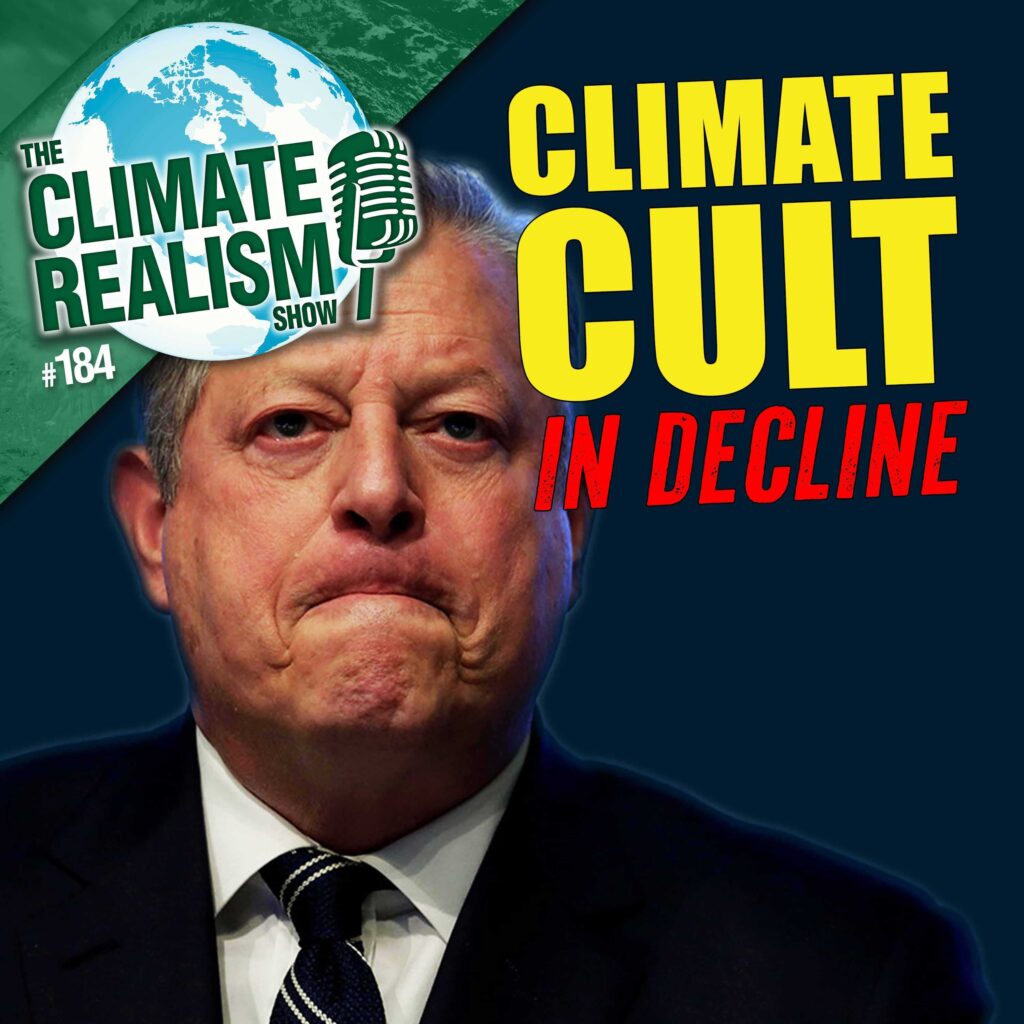Amtrak trains featuring gourmet menus in their café cars are losing more than $400 per passenger ticket, and a leading House Republican wants an investigation.
“With a $72 million food service loss in 2012, it’s time for Congress to stem the financial bleeding from chef-inspired gourmet meals on Amtrak’s money losing routes,” said Rep. John Mica, former chairman of the House Transportation Committee.
“With a total $1.4 billion Amtrak taxpayer subsidy in just the past year, extravagant chef-designed dishes need to be considered for the chopping block,” the Florida congressman said.
Master Chefs Contract
Mica zeroed in on Amtrak’s contract with Master Gourmet Chefs.
Despite a 1981 federal law mandating that Amtrak break even on its food and beverage service by 1982, Amtrak contracted with Seattle master chef and James Beard Award winner Tom Douglas and other high-end chefs to cook up pricey recipes for Amtrak dishes.
Other gourmet advisers include Michel Richard, Master Chef of Washington, D.C.’s Central restaurant and Sara Jenkins’ Rustic Italian Specialties, featured in New York City’s East Village restaurants Porchetta and Porsena.
“Despite Amtrak food service losses over the past eleven years now topping $906 million, Master Gourmet Chefs continue to dish up recipes for costly gourmet train cuisine,” Mica said.
Even with long-distance losses mounting, Amtrak retains Executive Chef Daniel Malzhan who designs menu selections for long-distance routes.
Lamb Shanks and Losses
These heavily subsidized routes whose losses continue to mount currently feature lamb shank and spice-rubbed Atlantic salmon filet. These entrees are featured on Amtrak’s Sunset Limited East, California Zephyr and Southwest Chief routes, all of which lost more money on food and beverage service in 2012 than the previous year.
In 2012, every Amtrak passenger ticket sold was underwritten $46 by taxpayers, while money-losing “love train” snacks were featured on Acela Northeast Corridor routes, Mica said.
The congressman calculated that the cost of every hamburger was underwritten by $4.37 in taxpayer subsidies and every soda carried a $1.40 subsidy.



